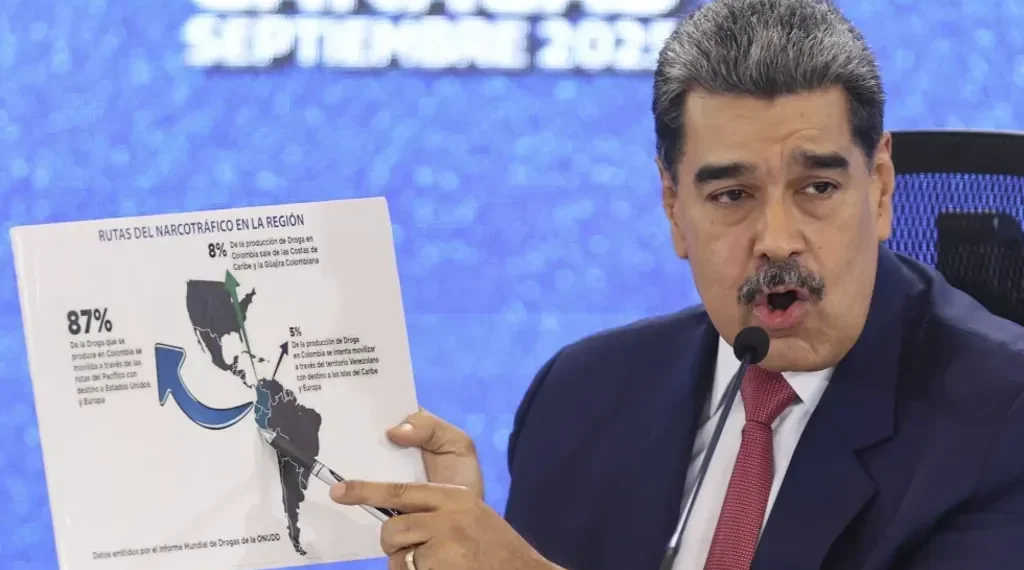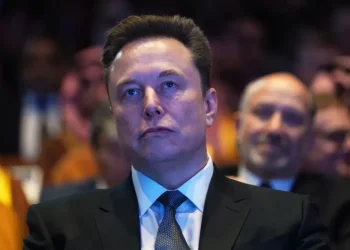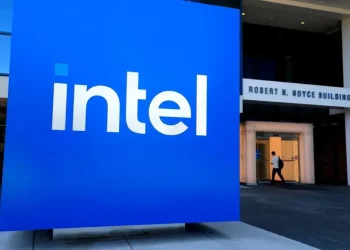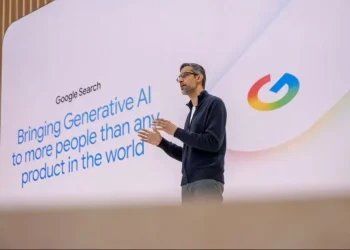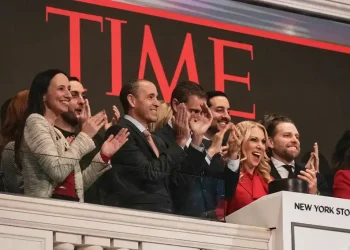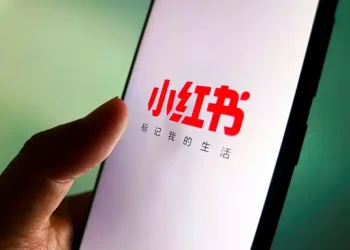Venezuelan President Nicolás Maduro’s YouTube Channel Removed as U.S. Naval Deployment in Caribbean Deepens Diplomatic Tensions
Published Time: 09-21-2025, 12:45 EDT
The official YouTube account of Venezuelan President Nicolás Maduro went offline late Friday, sparking sharp reactions from state-run media and drawing attention to the growing diplomatic and military tensions between Venezuela and the United States. The platform’s move comes as relations between the two countries hit their lowest point in years.
YouTube Removes Maduro’s Account
According to Venezuelan state broadcaster Telesur, Maduro’s account was “eliminated” without warning or explanation. The channel, which had more than 200,000 subscribers, typically featured recordings of the president’s speeches and clips from his weekly television program.
Google, YouTube’s parent company, has not issued a formal statement regarding the account’s removal. However, the platform’s terms of service specify that accounts may be terminated for repeated violations of its community guidelines, which prohibit misinformation, hate speech, and interference with democratic processes.
A History of Controversial Elections
Maduro has faced longstanding accusations of undermining Venezuela’s electoral system. International observers and opposition groups claim that last year’s presidential vote was rigged. According to tally sheets collected by hundreds of opposition activists, Maduro lost by a wide margin.
Despite these reports, Venezuela’s state-controlled National Electoral Council declared Maduro the winner and withheld official tally sheets, intensifying skepticism about the election’s legitimacy.
U.S. Legal Actions and Sanctions
Maduro’s political and legal troubles extend beyond Venezuela. In 2020, a federal court in New York indicted him on charges of conspiring to traffic cocaine into the United States. The U.S. government has since increased pressure, recently doubling its reward for Maduro’s capture to $50 million.
Senior White House officials often refer to Maduro as a “drug cartel leader” who must face justice, underscoring Washington’s increasingly aggressive stance.
U.S. Naval Deployment in the Caribbean
Tensions escalated further last month when the United States deployed eight warships to the southern Caribbean near Venezuela’s coast. The vessels, armed with long-range missiles and carrying 2,000 U.S. Marines, were officially described by U.S. officials as part of an anti-drug trafficking mission.
The White House has reported that the flotilla destroyed three speedboats allegedly carrying narcotics, resulting in more than a dozen deaths.
Venezuela Condemns Military Presence
The Venezuelan government has characterized the U.S. naval deployment as a violation of national sovereignty and an effort to destabilize Maduro’s administration. Officials in Caracas accused Washington of using anti-narcotics operations as a pretext for military aggression.
“This is not about drugs—it is about undermining our independence,” one government spokesperson said, reflecting Venezuela’s official stance.
Broader Strains in U.S.-Venezuela Relations
Despite the political friction, Venezuela continues to engage in limited cooperation with the United States, including oil sales and deportation flights. Yet, analysts note that diplomatic relations remain fragile, with military activity further complicating the situation.
Observers warn that YouTube’s removal of Maduro’s account could become another flashpoint in the broader confrontation. While digital platforms operate independently of U.S. foreign policy, their actions often carry geopolitical implications when involving high-profile political figures.
Global Reactions and Free Speech Concerns
The removal of a sitting president’s social media presence has prompted renewed debate about the role of digital platforms in regulating political speech. Advocates of free expression argue that banning state leaders risks fueling claims of censorship, while others contend that platforms have the right to enforce rules against harmful content.
This is not the first time Maduro has clashed with social media companies. In past years, both Facebook and Twitter (now X) temporarily suspended his accounts for spreading misinformation about health and politics.
Conclusion
The disappearance of Nicolás Maduro’s YouTube account highlights the intersection of digital governance, international politics, and military escalation. As Washington increases pressure on Caracas through sanctions and military presence, the online removal of Venezuela’s president from a major global platform adds yet another layer of tension to an already volatile relationship.
Whether this latest development remains a symbolic act or signals deeper friction in the digital space, it underscores how technology companies are now central players in modern geopolitical disputes.
This article was rewritten by JournosNews.com based on verified reporting from trusted sources. The content has been independently reviewed, fact-checked, and edited for accuracy, neutrality, tone, and global readability in accordance with Google News and AdSense standards.
All opinions, quotes, or statements from contributors, experts, or sourced organizations do not necessarily reflect the views of JournosNews.com. JournosNews.com maintains full editorial independence from any external funders, sponsors, or organizations.
Stay informed with JournosNews.com — your trusted source for verified global reporting and in-depth analysis. Follow us on Google News, BlueSky, and X for real-time updates.
